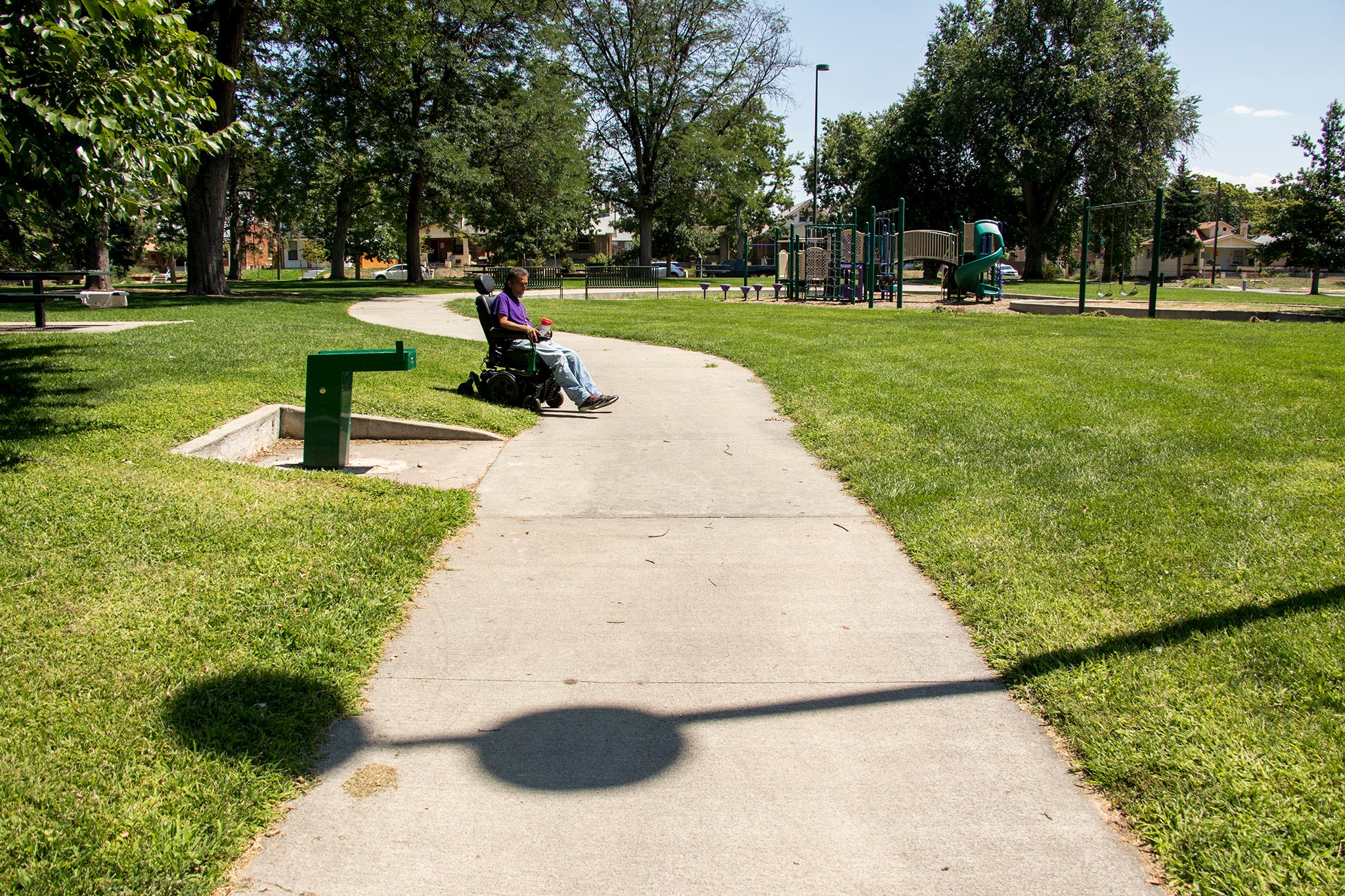Measure 2A asks whether the city should raise the sales tax to pay for more parks and trees and the like.
Here’s the language you’ll see on your ballot:
Shall City and County of Denver sales and use taxes be increased by $45.94 million annually, commencing January 1, 2019, and by whatever additional amounts are raised annually thereafter, from a twenty-five one-hundredths of one percent (0.25%) sales and use tax rate (2.5 cents on a ten-dollar purchase), that will not be collected on sales of food for home consumption or prescription drugs, to be expended solely on:
- Acquiring additional land for parks, trails, and open space;
- Developing, improving, and maintaining new and existing parks, trails, and open space, including in Denver's mountain parks;
- Restoring and protecting waterways, rivers, canals and streams;
- Purchasing, planting, and caring of trees; And
- Operating and maintaining any related additional acquisitions and capital improvements,
And, in connection therewith, shall no more than give percent (5%) of the total annual revenues derived from the increase in sales and use tax be spent on administrative costs related to the above purposes; and shall the monies derived from the increase in sales and use tax not be used to offset any current or future revenue expenditures from the general fund; And shall the revenues from these increased taxes be collected and spent in each fiscal year by Denver without regard to any expenditure, revenue-raising, or other limitation contained within Article X, Section 20 of the Colorado Constitution or any other law?
What does that mean?
Gah, that was long.
If you vote yes, you're voting to pay a quarter-cent more for each dollar you spend on most items -- not groceries or prescriptions. By law, this money would only fund the creation and maintenance of nature in the city (and at Denver-owned parks like Red Rocks). Ultimately, the goal is to put every Denverite within a 10-minute walk to a park.
The sales tax would grow the parks and rec budget like a beanstalk -- an estimated $46 million annually, or an increase of about 63 percent. There's currently no guaranteed, annual fund dedicated solely to creating and maintaining parks, planting trees, restoring streams and rivers, and protecting natural habitats in Denver County. This measure would change that.
(Nearby Douglas, Adams, Arapahoe, Broomfield, Jefferson, and Boulder counties do have a portion of sales tax dedicated to park conservation.)
If 2A passes, residents could weigh in, through at least one public hearing every five years, on how the money is spent. City Council would have to approve a five-year spending plan submitted by Denver Parks and Recreation. Game Plan, the city's 20-year blueprint for parks and rec, would also guide spending.
Who's for it and who's against it?
The Denver City Council sent 2A to voters earlier this year with a 12 to 1 vote. City Council President Jolon Clark, who once worked at The Greenway Foundation, sponsored it. The Greenway Foundation endorsed the measure, as did Mayor Michael Hancock.
City Councilman Albus Brooks cast the only dissenting vote, believing other priorities to be more important -- services for the homeless and mental health, as well as more sustainable transportation options. No organized opposition has surfaced. Arguments against the tax bump boil down to opposition against raising taxes in general, according to the Blue Book.













